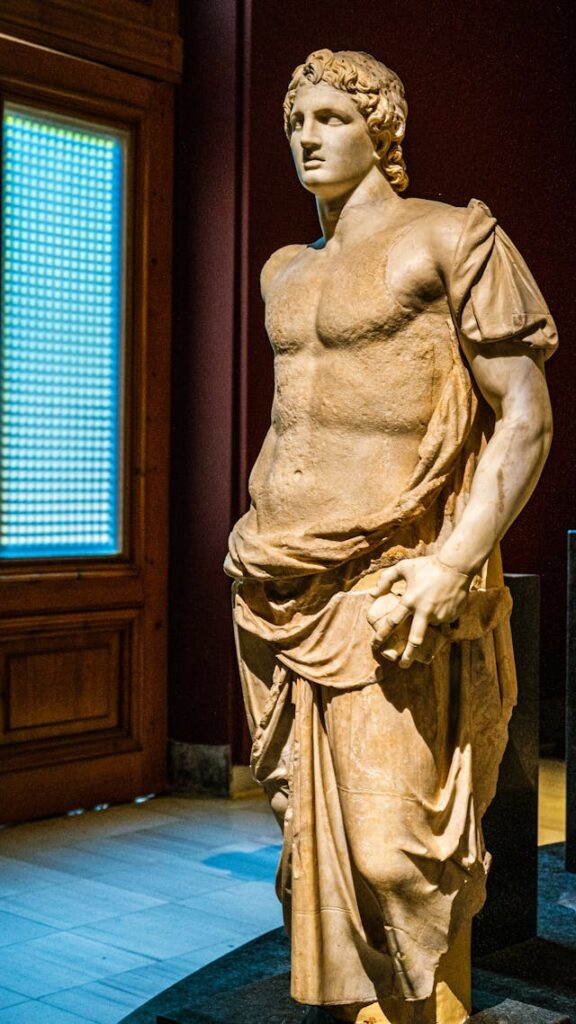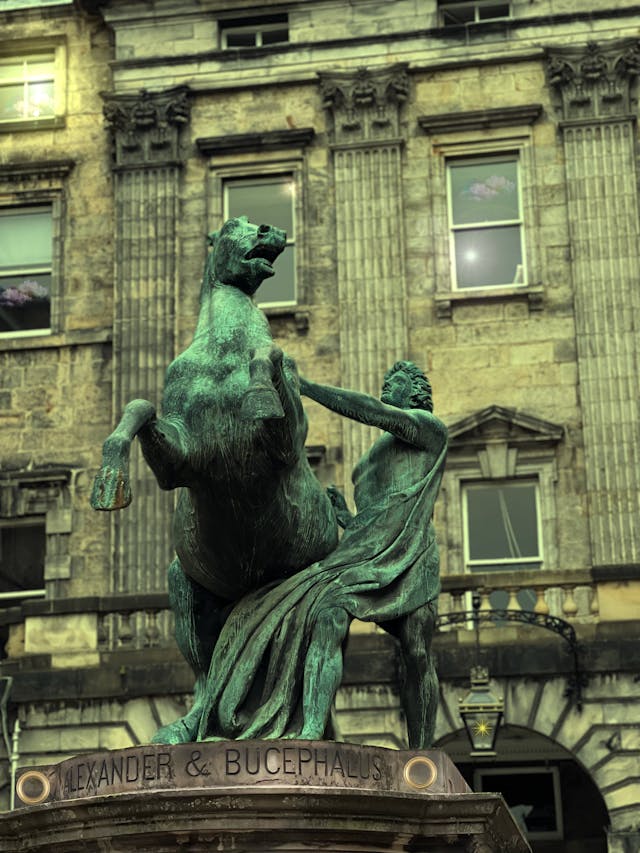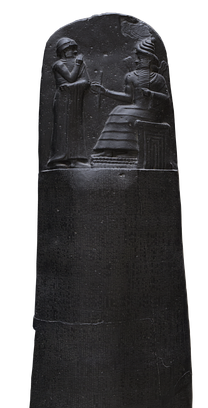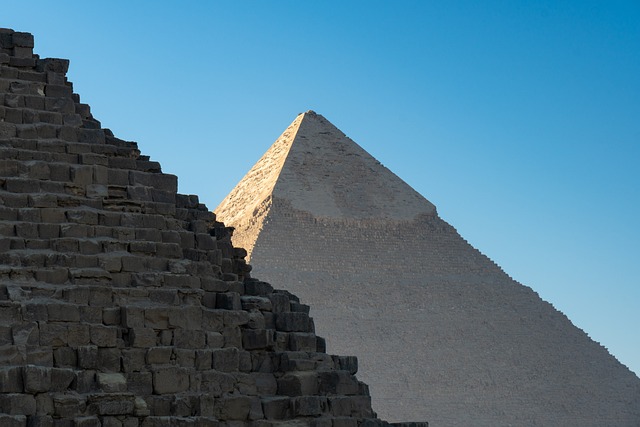Alexander the Great: The Conqueror of Empires
Alexander III of Macedon, famously known as Alexander the Great, stands as one of history’s most renowned military leaders and conquerors. Born in 356 BCE in Pella, the ancient capital of Macedonia, Alexander was destined for greatness from the moment he inherited the throne at the tender age of 20, succeeding his father, King Philip II.
Early Life and Education: The Foundations of Alexander the Great’s Greatness
The story of Alexander the Great’s conquests and military prowess often overshadows the formative years that shaped his extraordinary character and leadership. Born in 356 BCE in Pella, the ancient capital of Macedonia, Alexander III inherited a legacy of ambition and greatness from his father, King Philip II. Yet, it was his early education and upbringing that laid the groundwork for his legendary achievements on the battlefield and beyond.
Tutelage under Aristotle
At the age of thirteen, Alexander’s education took a pivotal turn when his father, King Philip II, enlisted the services of the revered philosopher Aristotle to be his son’s personal tutor. Under Aristotle’s guidance, Alexander received a comprehensive education that encompassed a wide array of subjects, including philosophy, mathematics, natural sciences, and literature.
Aristotle, himself a student of Plato and a towering figure in the history of Western philosophy, recognized Alexander’s intellect and thirst for knowledge from an early age. He tailored his teachings to suit the young prince’s inquisitive mind, instilling in him a love for learning and critical thinking that would serve as the cornerstone of his intellectual development.

The Influence of Homer’s Epics
Central to Alexander’s education was his exposure to the works of Homer, particularly the epic poems “Iliad” and “Odyssey.” Homer’s vivid narratives of heroism, honor, and destiny resonated deeply with the young prince, igniting his imagination and shaping his perception of the world around him.
In the “Iliad,” Alexander found inspiration in the exploits of the Greek heroes, particularly Achilles, whose unyielding courage and thirst for glory mirrored his own aspirations for greatness. The epic’s themes of honor, camaraderie, and the pursuit of immortality on the battlefield left an indelible mark on Alexander’s psyche, planting the seeds of his future conquests and achievements.
Development of Character
From his youth, Alexander displayed remarkable qualities that set him apart from his peers. He possessed an insatiable curiosity, a fierce determination, and an unwavering sense of purpose that belied his tender age. His upbringing in the royal court of Macedonia imbued him with a strong sense of duty and ambition, instilling in him the belief that he was destined for greatness.
Under Aristotle’s mentorship, Alexander cultivated not only his intellectual faculties but also his moral and ethical character. He learned the importance of empathy, humility, and compassion, virtues that would temper his ambitions and earn him the loyalty and respect of his subjects and soldiers alike.
Conclusion
The early years of Alexander the Great’s life were characterized by a rigorous education and a profound intellectual awakening that laid the foundations for his legendary conquests and achievements. Under the guidance of Aristotle and the influence of Homer’s epic poetry, Alexander developed the skills, virtues, and vision that would propel him to greatness on the battlefield and in the annals of history.
As he ascended to the throne of Macedonia and embarked on his epic campaigns of conquest, Alexander’s early education continued to shape his leadership style and worldview. His commitment to knowledge, his reverence for the ideals of heroism and honor, and his unwavering determination to leave a lasting mark on the world embodied the timeless values of the classical era.
In the crucible of history, Alexander the Great emerged as not only a conqueror of empires but also a symbol of human potential and the enduring power of education, intellect, and moral character. His legacy serves as a testament to the transformative power of learning and the indomitable spirit of those who dare to dream beyond the confines of their time and place.
Alexander the Great: Conqueror of Empires
In the annals of history, few figures loom as large as Alexander the Great, whose military campaigns reshaped the geopolitical landscape of the ancient world. From the moment he ascended to the throne of Macedonia in 336 BCE, Alexander embarked on a series of conquests that would cement his legacy as one of the greatest military leaders of all time.
The Conquest Begins: Against the Persian Empire
In 334 BCE, at the age of 22, Alexander launched his first military campaign against the formidable Persian Empire, seeking to avenge the defeats suffered by the Greeks at the hands of the Persians in previous centuries. Crossing the Hellespont with his army, Alexander set his sights on Asia Minor, the gateway to the Persian heartland.
The Battle of Granicus marked the beginning of Alexander’s relentless advance into Persian territory. Despite being outnumbered, Alexander’s forces achieved a decisive victory over the Persian army, showcasing his strategic acumen and tactical brilliance. With each triumph, Alexander’s legend grew, inspiring awe and fear among his adversaries.

The Triumph at Issus and the Fall of Tyre
In 333 BCE, Alexander faced his greatest challenge yet at the Battle of Issus, where he confronted the mighty forces of King Darius III of Persia. Despite the odds, Alexander emerged victorious, inflicting a crushing defeat on the Persian king and solidifying his dominance in the region. The Battle of Issus marked a turning point in the conflict, paving the way for Alexander’s inexorable march toward the heart of the Persian Empire.
One of the most iconic moments of Alexander’s campaign was the Siege of Tyre in 332 BCE. Situated on an island fortress, Tyre presented a formidable obstacle to Alexander’s ambitions. Undeterred, he employed innovative tactics, including the construction of a causeway connecting the mainland to the island. Through sheer determination and strategic brilliance, Alexander succeeded in overcoming Tyre’s defenses, annexing the Phoenician city-states, and further expanding his empire.
The Legacy of Alexander the Great
Alexander’s conquests extended far beyond the boundaries of Greece and Persia, encompassing vast territories from Egypt to the Indus River. His vision of a unified empire, blending Greek and Eastern cultures, heralded a new era of cultural exchange and enlightenment known as the Hellenistic Age.
Yet, Alexander’s ambitions knew no bounds, and his relentless pursuit of conquest ultimately led to his untimely death in 323 BCE, at the age of 32. Despite his premature demise, Alexander’s legacy endured through the ages, inspiring countless generations of leaders, scholars, and adventurers.
Conclusion
Alexander the Great’s military campaigns stand as a testament to his unparalleled military genius, strategic vision, and indomitable spirit. Through a combination of innovation, determination, and sheer force of will, he forged one of the largest empires the world had ever seen, leaving an indelible mark on human history.
As we reflect on Alexander’s conquests, we are reminded of the enduring power of ambition, courage, and leadership. His legacy continues to inspire awe and admiration, serving as a timeless reminder of the heights that can be achieved through vision, determination, and the willingness to defy the odds in pursuit of greatness.
The Conquest of Egypt and Beyond: Alexander’s March to Immortality
In the annals of ancient history, the name of Alexander the Great reverberates as a symbol of conquest, ambition, and unbridled determination. His relentless march across the known world reshaped civilizations, toppled empires, and forged a legacy that endures to this day. As Alexander set his sights on Egypt and beyond, he embarked on a journey that would leave an indelible mark on the annals of human history.

The Liberation of Egypt
In 331 BCE, fueled by an insatiable thirst for conquest and glory, Alexander turned his gaze towards Egypt, the land of ancient wonders and mysteries. As he crossed the borders into Egypt, he was greeted not as a conqueror, but as a liberator by the Egyptian people, who had long suffered under Persian rule.
Embraced by the Egyptians, Alexander seized the opportunity to solidify his presence in the region and establish his authority. In a symbolic gesture that would echo through the ages, he founded the city of Alexandria, a bustling metropolis that would soon become a beacon of learning, culture, and trade in the ancient world.
The Battle of Gaugamela: Triumph over the Persian Empire
Undeterred by the vastness of his conquests, Alexander pressed further eastward into the heartlands of Persia, where he confronted the formidable forces of King Darius III once again. The Battle of Gaugamela, fought in 331 BCE, stands as one of the defining moments of Alexander’s military career.
Against overwhelming odds, Alexander’s forces clashed with the might of the Persian Empire on the plains of Gaugamela. Through masterful strategy, innovative tactics, and unwavering resolve, Alexander emerged victorious, shattering the Persian forces and securing his dominance over the Near East.
The Fall of Persepolis: The End of an Era
With the triumph at Gaugamela, Alexander dealt a fatal blow to the Achaemenid Empire, bringing an end to centuries of Persian rule over the Near East. As he marched triumphantly into the heart of Persia, Alexander set his sights on the jewel of the empire: Persepolis, the magnificent capital city.
In a display of power and conquest, Alexander’s forces laid siege to Persepolis, eventually breaching its defenses and securing its surrender. The fall of Persepolis marked the culmination of Alexander’s conquests in the Near East, cementing his status as the undisputed master of the region.
Legacy and Impact
The conquest of Egypt and the defeat of the Persian Empire catapulted Alexander to the heights of greatness and immortalized his name in the annals of history. His visionary leadership, military prowess, and unyielding determination had reshaped the political and cultural landscape of the ancient world, laying the foundations for the Hellenistic Age.
Yet, Alexander’s conquests were not merely military triumphs; they were also catalysts for cultural exchange, intellectual enlightenment, and technological innovation. The cities he founded, including Alexandria, served as centers of learning and scholarship, where scholars from across the known world converged to share knowledge, ideas, and discoveries.
As we reflect on Alexander’s conquests, we are reminded of the enduring power of ambition, courage, and the relentless pursuit of greatness. His legacy continues to inspire awe and admiration, serving as a timeless testament to the indomitable spirit of human endeavor and the boundless possibilities of the human spirit.
Alexander the Great’s Enduring Legacy: Shaping the Course of History
The life and conquests of Alexander the Great stand as a testament to the indomitable spirit of human ambition and the transformative power of leadership. From his humble beginnings in Macedonia to the far reaches of the known world, Alexander’s legacy endures as a beacon of inspiration and innovation, shaping the course of history for generations to come.
Expanding the Boundaries of the Known World
Alexander’s conquests knew no bounds, stretching from the rugged hills of Greece to the sun-drenched shores of Egypt and beyond to the distant lands of the Indus River. With each victory, he expanded the boundaries of the known world, forging an empire that spanned continents and encompassed diverse cultures, languages, and peoples.
His audacious vision of a unified empire, blending the rich tapestry of Greek and Eastern cultures, laid the foundations for the Hellenistic Age, a period of unprecedented cultural diffusion and exchange. Under Alexander’s rule, cities flourished as centers of learning, commerce, and innovation, fostering an environment where ideas and knowledge thrived.
The Hellenistic Age: A Legacy of Cultural Exchange
The Hellenistic Age ushered in a new era of intellectual enlightenment and artistic expression, characterized by a synthesis of Greek, Persian, Egyptian, and Indian influences. In the vibrant cities of Alexandria, Antioch, and Pergamon, scholars from across the known world converged to exchange ideas, debate philosophy, and push the boundaries of human knowledge.
The Library of Alexandria, founded by Alexander himself, became a repository of wisdom and learning, housing an unrivaled collection of scrolls and manuscripts from diverse civilizations. Its scholars delved into fields as varied as mathematics, astronomy, medicine, and philosophy, laying the groundwork for centuries of scientific discovery and innovation.
The Fragmentation of an Empire
Despite his unparalleled achievements, Alexander’s empire proved to be as fragile as it was vast. Following his untimely death at the age of 32 in Babylon in 323 BCE, his empire fragmented into rival successor states, each vying for control over his vast territories. The Wars of the Diadochi, as they came to be known, plunged the Mediterranean world into decades of conflict and upheaval, reshaping the political landscape of the ancient world.
Yet, Alexander’s vision of a unified world endured, inspiring countless generations of conquerors, scholars, and visionaries to pursue their own dreams of greatness. His conquests left an indelible mark on human history, shaping the destiny of nations and civilizations for centuries to come.
Conclusion
As we reflect on the life and legacy of Alexander the Great, we are reminded of the enduring power of human ambition, courage, and vision. His conquests expanded the boundaries of the known world, fostering a period of cultural exchange and intellectual enlightenment that continues to resonate to this day.
Though his empire may have crumbled, Alexander’s legacy endures as a testament to the boundless potential of the human spirit. His vision of a unified world, where the ideals of liberty, equality, and fraternity reign supreme, serves as a beacon of hope and inspiration for future generations. In the annals of history, Alexander the Great stands as a titan among men, a shining example of the heights that can be achieved through courage, determination, and unwavering resolve.


